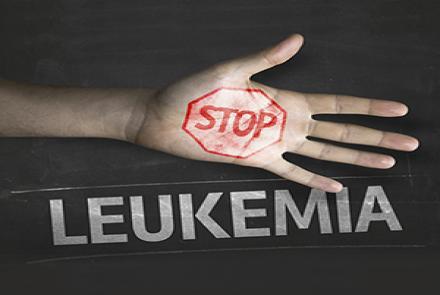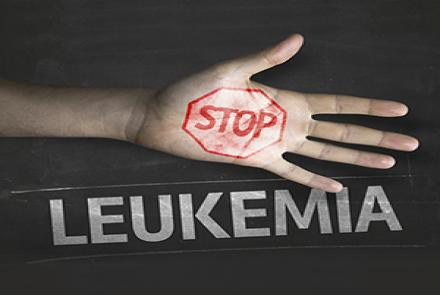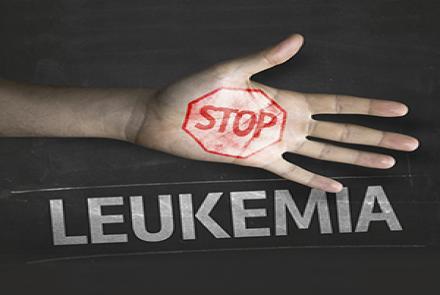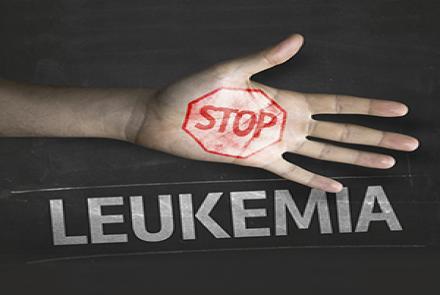During the treatment of leukemia, it is important to manage the side effects of the treatment and maintain a healthy lifestyle to the extent possible. Read tips on how to manage the various aspects of a healthy and balanced diet, ensure enough nutrition, regular exercise to ensure oxygen supply to cells.
If the treatment includes Chemotherapy, there will be certain side effects. Here are some tips on managing the side effects of Chemotherapy.
Join a support group that you can speak…
Latest Stories
- Preventing Leukemia Since the causes of leukemia are not known, it is difficult to define clear preventive measures. The best you can do is reduce impact of risk factors of Leukemia. Some types of leukemias can be prevented by avoiding high doses of radiation, smoking, tobacco use, chemical substances like benzene and certain chemotherapeutic agents used for other cancers.
- What are the causes of leukemia? The exact cause of leukemia is unknown. Different kinds of leukemia are believed to have different causes. Environmental and heriditary factors seem to play a role. Some are inherited and some are non-inherited factors. Risk factors of Leukemia Exposure to radiation. Atomic bomb survivors in Japan had a signifiant risk, even to fetuses exposed during intitial months.Risks associated with CT scans and X-rays is not yet known. Previous treatments…
- What are the signs and symptoms of leukemia? Blood clotting is poor - Incompletely matured white blood cells crowd out blood platelets, which are crucial for blood clotting. Hence patient may bruise or bleed easily and heal slowly. He may also develop petechiae (small red or purple colour spots on the body, caused by minor haemorrhage). Immune system affected - The patient's white blood cells, which are crucial for fighting against infection, may be suppressed or not working properly.…
- What is Leukemia? Blood is a specialised organ that differs from other organs in that it exists in fluid (liquid) state. It makes up approximately 7% to 10% of normal body weight and amounts to 5 to 6L of volume. Blood is made up of three types of cells and certain cellular fragments floating in a liquid called plasma. Red Blood Cells (RBCs) or Erythrocytes are responsible for carrying oxygen to various parts of the body while the White Blood Cells (WBCs) or Leukocytes help with the body’…
- Apart from the medical options for treatment of Ovarian Cancer, it is also recommended that lifestyle changes be made to strengthen your immune system and manage your health: Diet Patients who consume more fruits, vegetables and whole grains strengthen their immune system, which helps to fight against disease. Include the following cancer-fighting foods in your diet: Vegetables like broccoli, cauliflower and dark leafy vegetables Organic fruits, which are least exposed to…
- Can ovarian cancer be prevented? Since the causes of ovarian cancer are not known, it is not possible to say what can be done to prevent ovarian cancer. You can lower the risk of ovarian factor if you: Use of oral contraceptives. Taking birth control pills for more than 3 years lowers risk by 30 to 50%. Early first pregnancy and late last pregnancy. Full term pregnancies are more beneficial. Breast fed. The longer you breastfeed, the lower the risk. Had ovaries and fallopian…
- Treatment of Ovarian Cancer usually involves chemotherapy and surgery, and sometimes radiotherapy. Surgery is the the first recommended option during the initial stage when the size of the tumour is small. The surgery may include removal of one (unilateral oophorectomy) or both ovaries (bilateral oophorectomy), the fallopian tubes (salpingectomy), and the uterus (hysterectomy). If the cancer has spread to other organ such as the digestive tract, bladder, spleen etc, removal of those parts may…
- What tests do you need for Ovarian Cancer: Ovarian cancer at its early stages (I/II) is difficult to diagnose until it spreads and advances to later stages (III/IV). This is because most symptoms are non-specific and thus of little use in diagnosis. You doctor may do some of the following: Physical examination (including a pelvic, vaginal, rectal examination). For young patients, an MRI is preferred Transvaginal ultrasound Blood test (complete blood count, serum electrolyte test) CT or…












